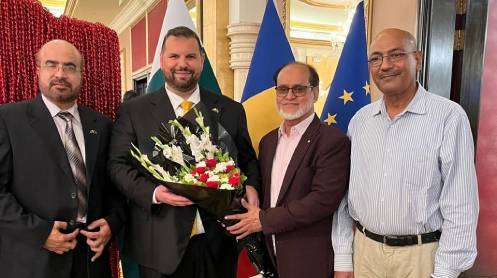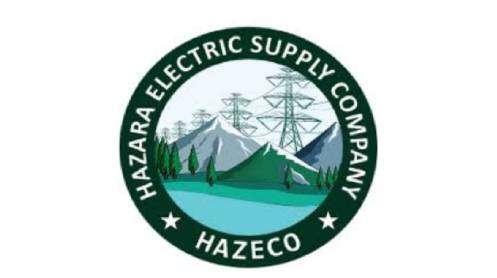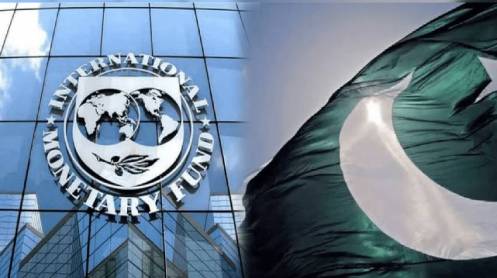Karachi, Romania marked its 107th National Day with a vibrant celebration at the Mövenpick Hotel in Karachi, in collaboration with the Pakistan Romania Business Council (PRBC). The event commemorated 61 years of diplomatic ties between Romania and Pakistan, highlighting cultural richness, enduring partnerships, and mutual respect.
Attendees enjoyed a showcase of Romanian heritage through performances, exhibitions, and networking sessions, fostering stronger bilateral bonds in trade, culture, and diplomacy. This gathering served as the kickoff to the inaugural “Romanian Culture Days in Pakistan – Culture Bridges Nations,” a month-long series of events across Islamabad, Karachi, and Peshawar, organized by the Embassy of Romania with partners like the Romanian Cultural Institute and PRBC.
A highlight was the warm meet-up with the Ambassador of Romania Dr Dan Stoenescu and his team, alongside friends, Consul General of Romania Shamim Firpo, and his dynamic son Sohail Shamim Firpo. The occasion reinforced commitments to people-to-people connections and future collaborations.
For more on the celebrations, visit the Embassy of Romania’s updates or PRBC’s platforms.
ISLAMABAD: The federal government has formally petitioned the National Electric Power Regulatory Authority (Nepra) to approve its Roshan Economy Power Package — a three-year initiative offering discounted electricity at Rs22.98 per unit for industrial and agricultural consumers who exceed their previous year’s consumption.
Designed to revive electricity demand, enhance system efficiency, and reduce the financial burden of idle generation capacity on the national grid, the proposed package will be “subsidy-neutral” and effective from November 2025 to October 2028. Nepra will hold a public hearing on November 11 to assess the proposal.
Announced by Prime Minister Shehbaz Sharif on October 23, the plan slashes the cost of additional consumption to Rs22.98 per unit, compared to the current Rs34 per unit for industries and Rs38 for agriculture. The discounted rate will apply only to incremental units above the consumer’s baseline usage from the previous year, while existing tariffs will remain in place for regular consumption.
According to the Ministry of Energy, industrial power demand has fallen by 14 percent and agricultural demand by 47 percent over the past three years, largely due to economic slowdown, policy adjustments, and the rapid expansion of net-metering systems, which now collectively generate 6,035 megawatts.
The package will apply to both Time-of-Use (ToU) and Non-ToU consumers across XW-DISCOs and K-Electric. While positive Fuel Cost Adjustments (FCAs) will remain applicable, Quarterly Tariff Adjustments (QTAs), Debt Service Surcharge (DSS), and negative FCAs will not be charged on incremental consumption.
If power use in these sectors rises by more than 25 percent over the baseline, the scheme will be reviewed to accommodate marginal cost variations.
All Captive Power Plants (CPPs) will be treated as new consumers for determining benchmark consumption. For net-metering users, eligibility will depend on importing more electricity from the grid than they export within a given month. Incremental use will be calculated on net imported power (imports minus exports) and apportioned between peak and off-peak hours according to actual usage patterns.
The Power Division noted that earlier incentive-based schemes, such as the Industrial Support Package (2020–23) and Bijli Sahulat Package (2024–25), successfully boosted industrial electricity consumption by up to 14 percent, demonstrating that targeted power incentives can effectively drive productivity, investment, and job creation.
Story by Israr Khan







